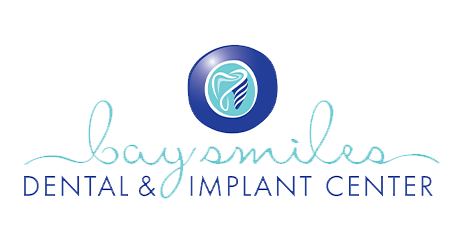Tooth loss can have a profound impact on a person’s oral health and overall well-being. One of the most significant challenges that individuals face after tooth loss is the gradual resorption or shrinkage of the jawbone. Jawbone resorption can lead to a variety of problems, including changes in facial appearance, difficulty speaking and eating, and even the potential for further tooth loss. However, there is a modern solution that effectively addresses this issue – the All-on-4 dental implant technique. This innovative approach not only restores a patient’s smile but also helps prevent the detrimental effects of jaw resorption.
Jaw resorption, or bone loss, occurs when the bone that once supported natural teeth starts to deteriorate due to lack of stimulation. Natural teeth provide continuous pressure and stimulation to the underlying bone when chewing and biting, which helps maintain its density and shape. When teeth are lost, the body reabsorbs the minerals from the jawbone because there is no longer any functional demand placed on it. This results in the gradual deterioration and weakening of the jawbone over time, leading to a sunken facial appearance, difficulties with denture stability, and potential oral health issues.
The All-on-4 dental implant technique offers a revolutionary solution to combat jaw resorption and restore both functionality and aesthetics to individuals suffering from severe tooth loss. Developed as an alternative to traditional dentures, this technique involves the placement of four strategically positioned dental implants within the jawbone. These implants serve as stable anchors for a full arch of prosthetic teeth, effectively mimicking the function of natural teeth and providing consistent pressure on the jawbone during eating and speaking.
The success of the All-on-4 technique in preventing jaw resorption lies in its ability to stimulate the jawbone much like natural teeth. The implants are made from biocompatible materials like titanium, which fuses with the bone over time through a process known as osseointegration. This integration creates a strong and stable foundation for the prosthetic teeth, transferring the forces of biting and chewing to the underlying jawbone.
The All-on-4 implants transmit these forces to the bone, stimulating it and encouraging bone growth around the implant sites. This process not only maintains the bone’s density but can also stimulate new bone growth, effectively halting the progression of jaw resorption. Unlike traditional dentures, which rest on the gums and provide no bone stimulation, the All-on-4 implants promote the health of the jawbone and help preserve facial structure.
Preserves Bone Density: By providing the necessary stimulation, All-on-4 implants prevent the jawbone from deteriorating over time, preserving both its density and structure.
Improved Stability: Traditional dentures can lead to discomfort and instability due to jawbone resorption. All-on-4 implants offer better stability and durability, allowing patients to eat, speak, and smile with confidence.
Enhanced Aesthetics: Jaw resorption can lead to a sunken facial appearance, making individuals appear older than they are. All-on-4 restores the natural contours of the face, contributing to a more youthful look.
Functionality: All-on-4 implants function much like natural teeth, enabling patients to enjoy a varied and nutritious diet without limitations.
Jaw resorption is a common concern for individuals who have experienced significant tooth loss. The All-on-4 dental implant technique offers a transformative solution that not only restores a confident smile but also effectively prevents the detrimental effects of jawbone resorption. By providing the necessary stimulation to the jawbone, All-on-4 implants help maintain bone density, improve oral function, and contribute to an enhanced quality of life. If you’re considering tooth replacement options, consulting with a qualified dental professional can help determine if the All-on-4 technique is the right choice for you.
